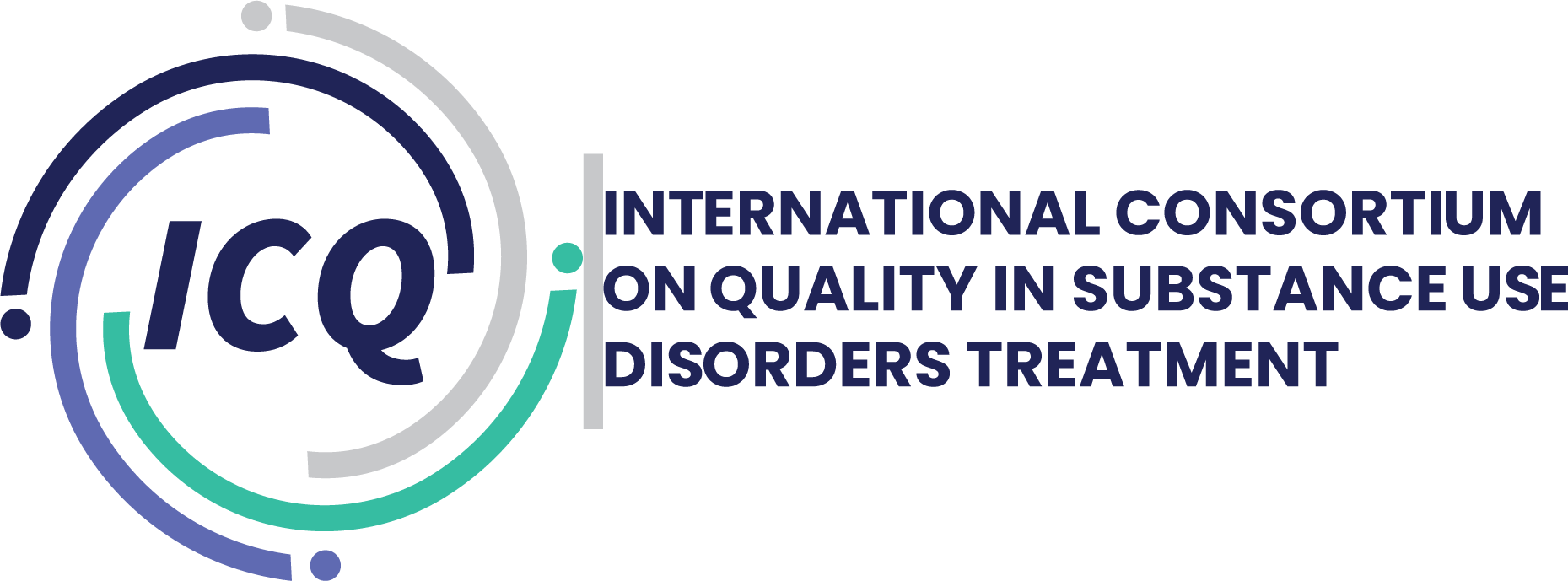Criminal Justice Diversion and the Importance of Program Retention
The United States has among the highest recidivism rates globally, with at least 1 in 4 rearrested within the same year of their initial charge. Many of these individuals are significantly impacted by poverty, mental illness, and substance use disorders. Recidivism reduction has become a significant focus of criminal justice reform and is gaining attention nationwide. Current scholarly literature suggests evidence-based reentry policies and programs can improve individual-level outcomes. This paper introduces the concept of diversion programming and measures how one diversion program impacted recidivism rates in a mid-sized metropolitan area of the US. Researchers examined one year's worth of data from 757 individuals released from the local county jail (January 2021 - December 2021) and calculated the average one-year recidivism rate comparing that of program participants to those of the larger community. Findings revealed that only 3.70% of those who completed this specific diversion program were rearrested within a year after their completion date. In comparison, members of the local community, who were not part of the program, were rearrested at a rate of 28.4%. Moreover, when clients were not retained in the program, recidivism rates were significantly higher at 31.22%. The authors suggest justice navigation-based diversion programs can effectively reduce recidivism if, and when, those programs ensure retention. This study can be a resource for future researchers, stakeholders, policymakers, and practitioners to support diversionary programming to reduce recidivism.
